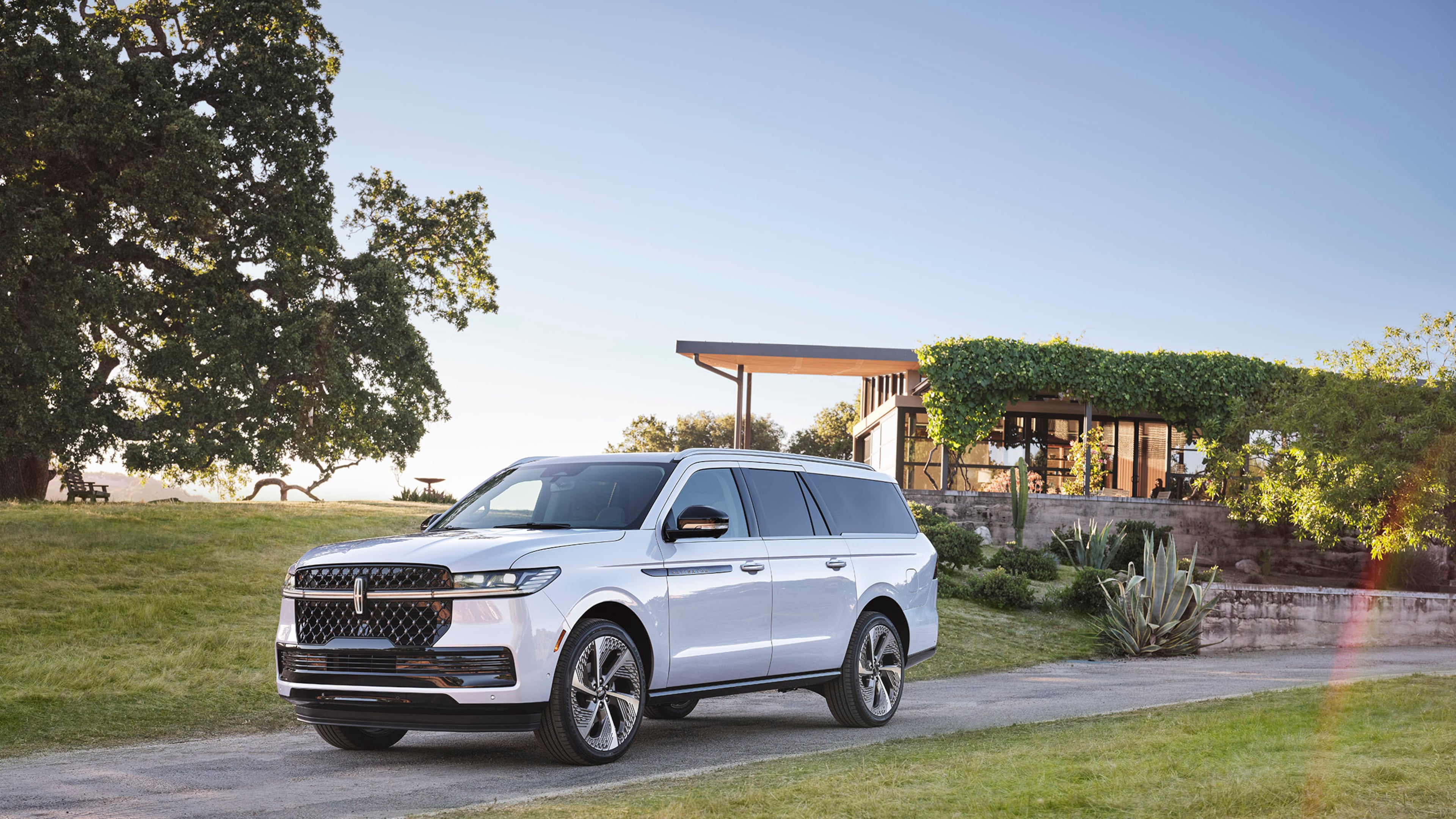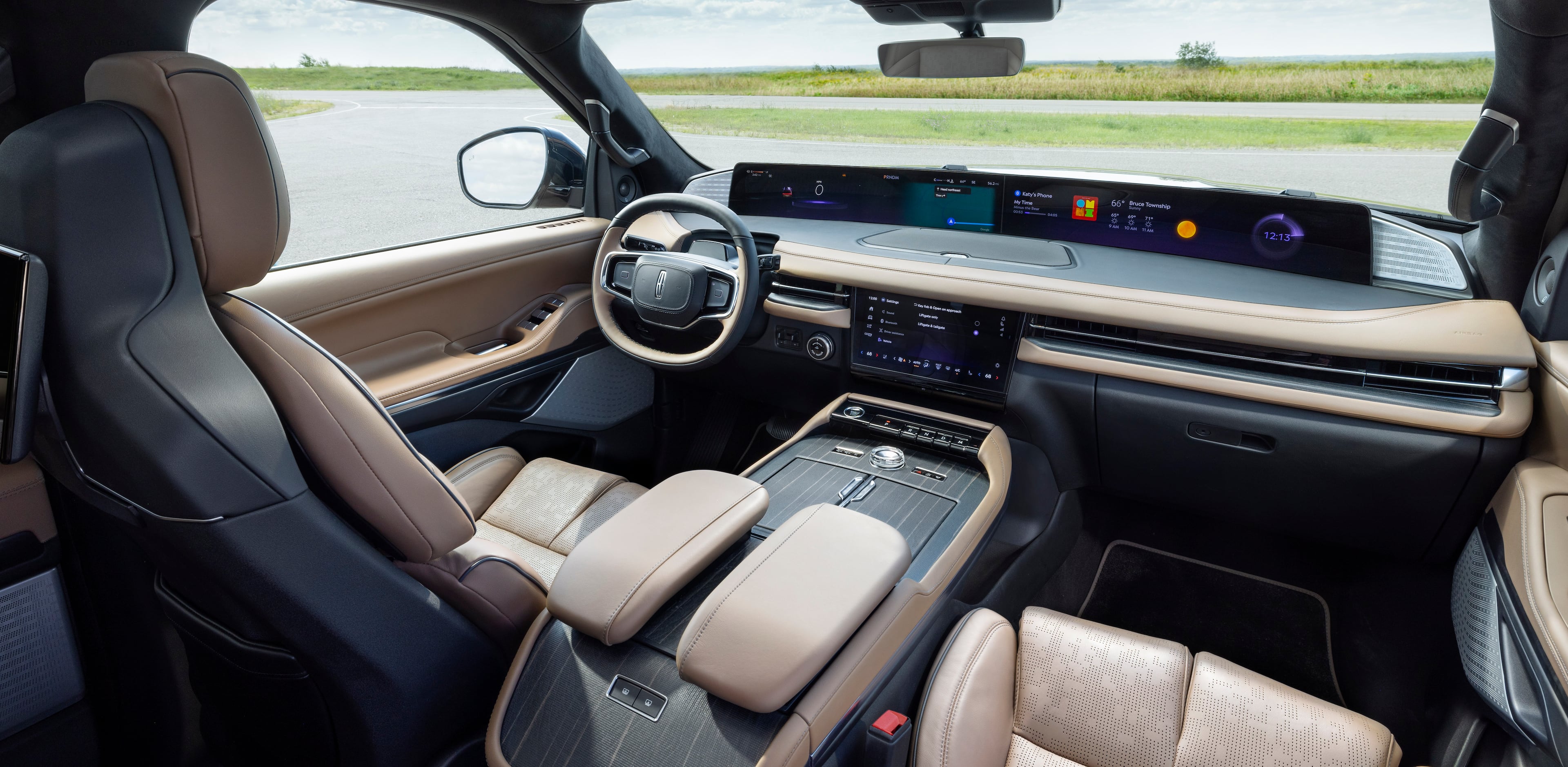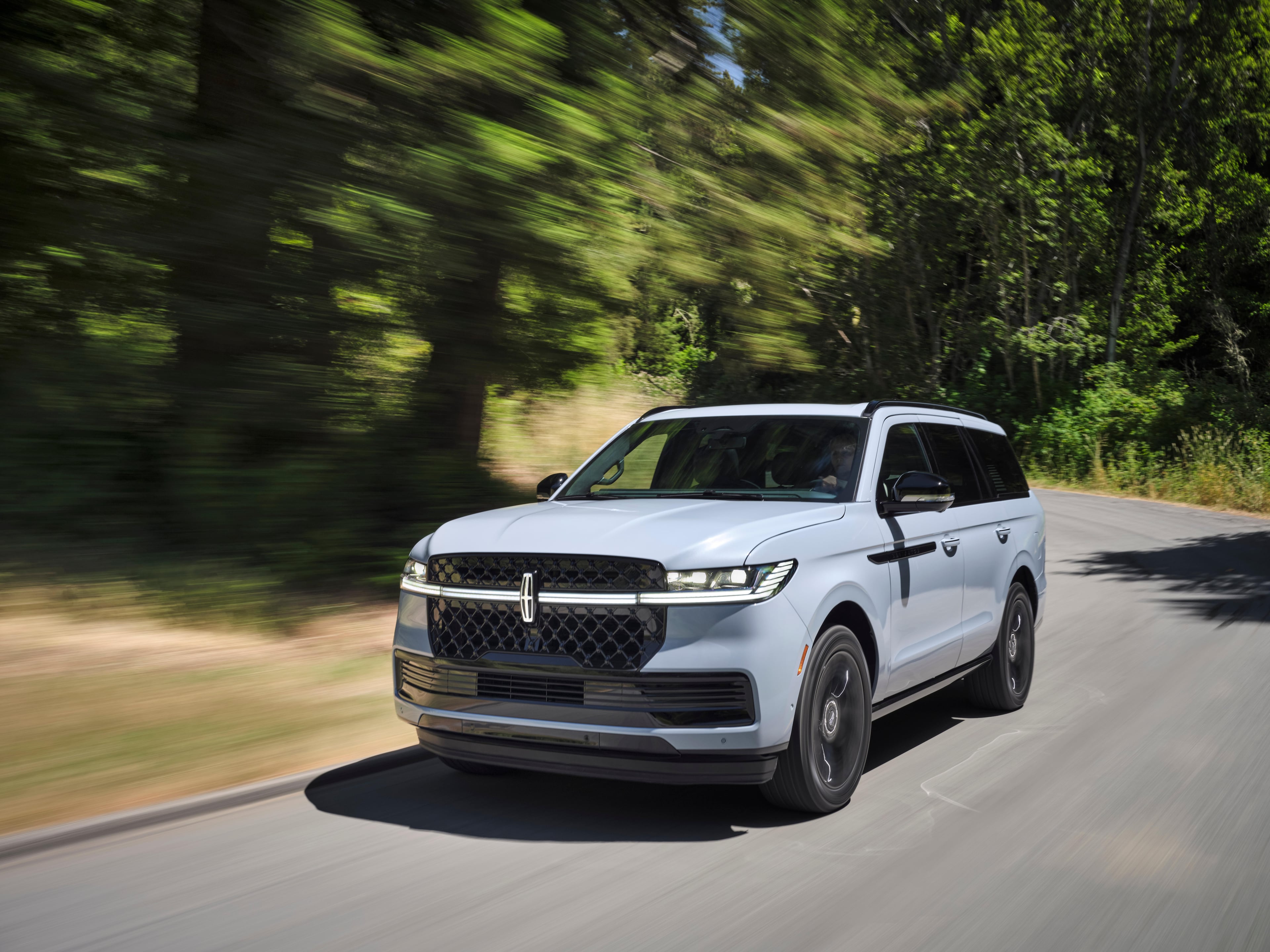In the market for a luxury vehicle? You might reconsider Lincoln.

Twenty years ago, Lincoln and Detroit rival Cadillac both promised more luxury. Cadillac often maintained a technological edge through the 1980s and 1990s, though Lincoln remained a sales rival with its large sedans and SUVs.
Lincoln hit the reset button in 2012, and their vehicles have been steadily improving since.
In that time, the definition of “luxury” has shifted. It’s no longer just a softer ride with more chrome and gadgets; the real battle now is over experience — how pampered you feel as an owner, how little hassle you deal with, and how much the brand can wrap you in services, apps and perks.
Lincoln has quietly leaned into that shift as hard as any rival.

Tech that feels premium
The best example of this is the Lincoln Nautilus. It’s a $55,000-$80,000 luxury midsize SUV with a dizzying array of options. There are the expected options like rain-sensing wipers, wireless phone charging, panoramic sunroof and a premium audio system.
But Lincoln has quietly included some features and options that make the Nautilus (and other Lincolns) a cut or two above other luxury SUVs.
For example, there’s a flat-top, flat-bottom steering wheel design that adds a futuristic, upscale feel. It’s a small detail, but it adds a truly luxurious vibe. With few visible buttons and a clean look, it comes off more like a piece of art than a steering wheel. The volume adjustment and station/track adjustment are mounted on the right side of the steering wheel, and they’re unmarked. Touch-sensitive controls illuminate contextually on the display when your thumb grazes the surface.

This little touch accomplishes two things — it gives the steering wheel an uncluttered look and it reduces distraction within the instrument panel. And that digital display has a total of 48 inches of customizable viewable area across the dashboard.
Many of these features weren’t available on a Lincoln 13 years ago, and the company’s midsize, two-row SUV looked and felt like nothing more than a fancy Ford.
Today, the lineup consists entirely of SUVs: the compact Corsair, the midsize Nautilus, the three-row Aviator and the flagship Navigator. There are no more Lincoln coupes or sedans. The company discontinued the reintroduced Lincoln Continental for U.S. buyers in 2020.
Luxury as an experience
True luxury is about more than just hardware. The Lincoln feature that stands out the most is the company’s Black Label option. Although a Black Label Lincoln is notably more expensive, it offers high-end services in addition to its premium hardware.
First, the Black Label experience starts with exclusive interior options, including authentic wood and fancier leather. Additional personalization options are also part of the package. Complimentary maintenance for the first four visits or 50,000 miles is included. Even items that can wear out, such as brake pads and wiper blades, are covered. Lincoln will pick up and drop off your car for these services. You also get a free car wash anytime you want by taking the car to a participating Lincoln dealer, as well as a free annual detail of your car.
Also included with Black Label vehicles:
- Mobile Showroom and Remote Delivery
- Avis President’s Club membership with double upgrades and guaranteed rentals
- Free seven-day rental from Avis within the first year of ownership.
- A dedicated personal assistant for managing service appointments
- 24/7 roadside assistance
- Complimentary service loan vehicle
- Access to a list of Black Label Culinary Collection restaurants with a complimentary dinner for two.
Perks also have included complimentary memberships such as sleep and meditation app Calm and Clear, the frequent traveler secure identity program, though benefits vary by model year.
The new luxury playbook
This seems to be the direction of luxury vehicle sales. It’s not just Lincoln offering a host of services as part of the ownership experience to further distinguish a luxury vehicle. Brands such as Cadillac, BMW, Genesis, and Porsche also provide some of these services as part of their luxury experience.

Lincoln holds an 8.2% share of the luxury full-size SUV category — up about 1.1 points year over year — and 6.9% of luxury mid-size SUVs, according to Cox Automotive data. These results and positive momentum underscore Lincoln is a viable player with a loyal base in core luxury segments.
What sets Lincoln apart is how heavily it leans into this idea of effortless ownership — pickup and delivery, bundled maintenance, lifestyle perks, and that serene, tech-forward cabin. Of course, only a well-crafted, feature-laden vehicle is going to fit a luxury brand. But creating experiences, offering exclusive services, and making life a little easier are now part of the ownership, too. Lincoln’s challenge now is reminding buyers that its luxury is as much about service and serenity as horsepower or tech.
Brian Moody is a senior editor of Kelley Blue Book and Autotrader and an automotive expert specializing in transportation, car shopping, electric cars, in-car technology and future vehicles.
The Steering Column is a weekly consumer auto column from Cox Automotive. Cox Automotive and The Atlanta Journal-Constitution are owned by parent company, Atlanta-based Cox Enterprises.

